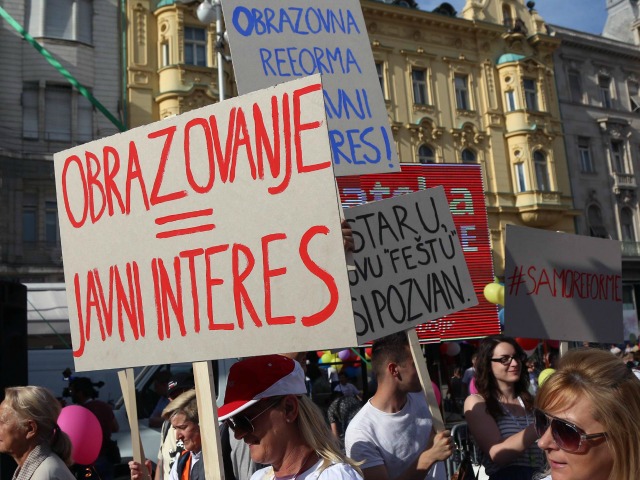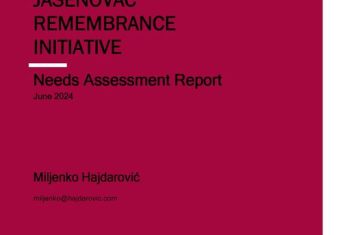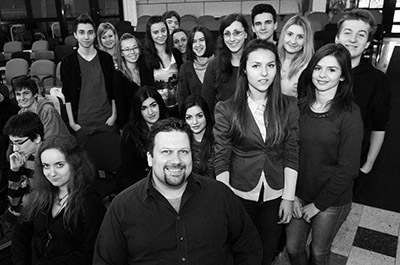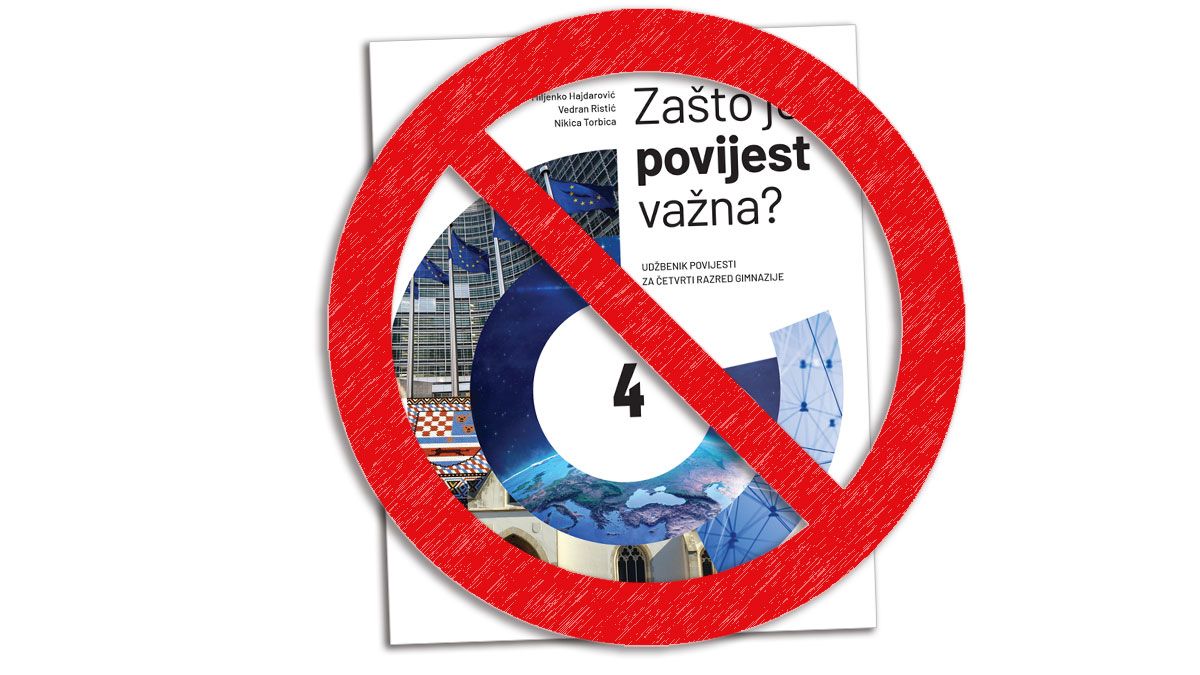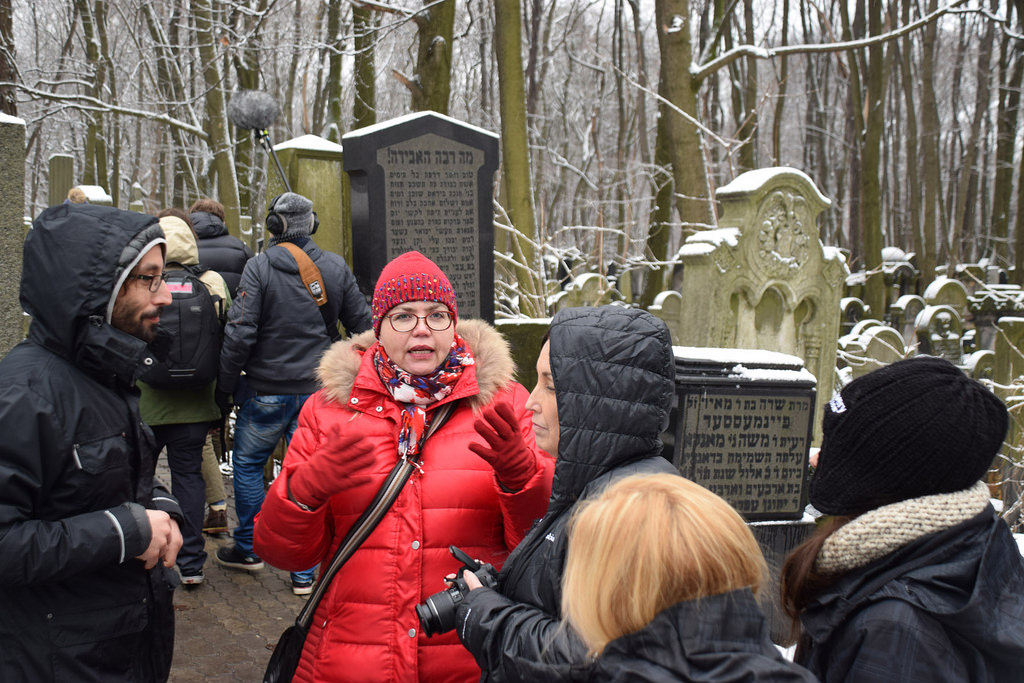Teachers, students and activists will take to the streets of Zagreb on Thursday to demand a resumption of reform to the nation’s out-dated educational system.
As attempts by successive Croatian government to improve the education system fail to achieve their goals, teachers are demanding action, saying education in the country lags behind the standard reached in other Western democracies.
They say the system is out of date and prioritizes anachronistic learning methods, giving no role to critical thinking or practical experience.
“Our educational system is no longer meaningful to teachers, let alone to students,” Miljenko Hajdarovic, a high-school history professor from the northern town of Cakovec, told BIRN.
“Our education doesn’t prepare children for the challenges of the present time.”
Comprehensive curricular reform, launched in 2015 but then stalled, aimed to transform the education system by replacing both the old curriculum – content that is learned – and the methodology of teaching – the way knowledge is passed to pupils.
Reform was designed to give teachers and professors more autonomy in their work, while classes would become more interactive.
The initial plan was also to introduce primary schools with nine instead of eight grades, and allow pupils to focus more on topics needed for further education or for their desired professions.
The plan was also to introduce additional courses such as computer programming, sex and health education and civic education.
“The reform that we tried to implement was directed precisely at that – to give it meaning,” Hajdarovic said.
The reform was initiated by the former centre-left government, which in 2015 named expert working groups.
Made up of professors and education experts, the groups were tasked with developing the new curriculum for primary and high schools.
A coordinating expert team with researcher Boris Jokic headed up the scheme.
However, in March 2016, the former Science and Education Minister Predrag Sustar, although claiming that the reform would go on, effectively stopped implementation.
The government insisted that the working groups needed to add additional members to the working teams, besides complaining of irregularities in the naming of the expert team.
Boris Jokic and his whole team resigned that month, claiming of the political pressure was coming a marginal right-wing party in the new government, Hrast [Oak] – Movement for Successful Croatia, led by Ladislav Ilcic.
Some of the new people that the government wished to put into the team were members of Hrast.
The new government, led by the Croatian Democratic Union, HDZ, under new minister Pavo Barisic, officially continued the reform, but with different people, reportedly connected to Hrast and to a conservative NGO, “In the Name of the Family”, which both oppose introducing sexual education into schools.
Last year, a protest against the stalled reform attracted 25,000 people to Zagreb’s main square and another 25,000 in other cities.
Protesters wish to attract a similar number to this Thursday’s protest in Zagreb, called “Waiting for the Streetcar Named Education Reform”, clearly referencing the film and book classic “A Streetcar Named Desire”.
Hajdarovic was a part of the working group on creating a new history curriculum, a highly sensitive topic in Croatia owing to sharply differing views of key events in the 20th century, such as World War II, communist rule and the war of the 1990s.
He explained that since independence in 1991, Croatia had never undertaken serious educational reform but had simply used the old curriculum, with some parts cut out and refreshed with newer material.
“Instead of learning data by heart, we opted for learning skills. Instead of reproducing information, we aimed at the development of critical thinking,” Hajdarovic emphasised, talking about the reform plan.
Hajdarovic said he feared that those assigned to finish the reform would try to “preserve the status quo”.
“The education system will continue to ‘produce’ unemployed for the [state] employment bureau and for buses going abroad [in search of work]. Total destruction of the system will take place in the coming decades,” he concluded, calling the halted reform “a disgrace for the state”.
Full article: http://www.balkaninsight.com/en/article/pupils-need-to-develop-skills-croatia-professors-claim-05-31-2017

